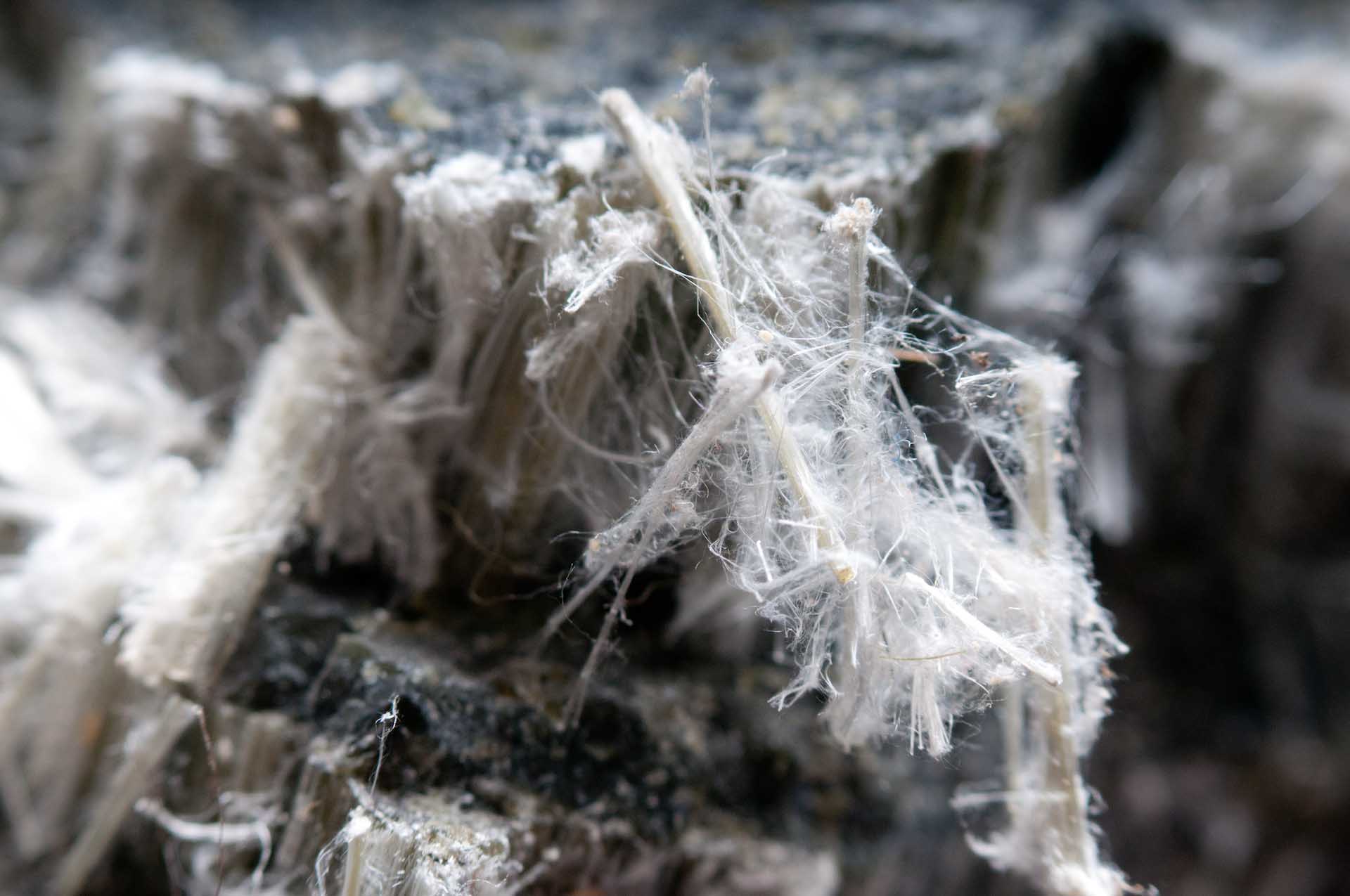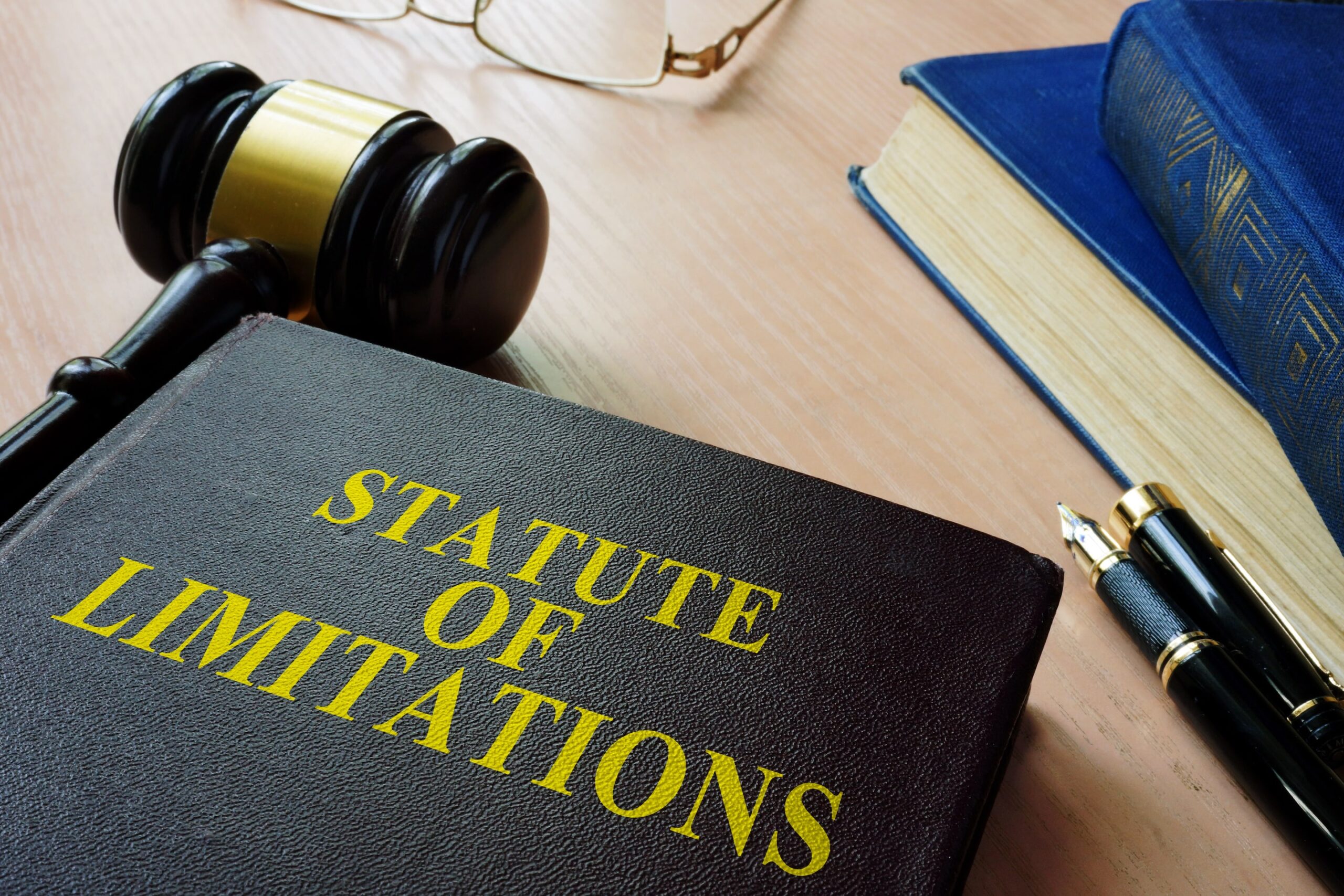Asbestos Exposure Among Veterans of the Korean War
On July 27, 2022, the world marked 69 years since the Korean War reached a tentative halt with the signing of the Korean Armistice Agreement. This agreement brought an end to organized combat operations and left the Korean Peninsula divided, a situation that persists to this day. The Korean War, fought from 1950 to 1953, saw involvement from global powers including China, the Soviet Union, and the United States. Although a formal peace treaty was never signed, the armistice created the Korean Demilitarized Zone, a buffer that remains a symbol of the conflict’s unresolved tensions. It wasn’t until 2018 that the leaders of North and South Korea met to formally work towards an official end to the war.
American troops played a pivotal role in the conflict, constituting approximately 90% of the forces fighting for South Korea. Out of the 5,720,000 American troops engaged in the Korean War, 33,741 died in battle. Many others succumbed to extreme conditions, such as frostbite, with temperatures during some of the coldest battles dropping as low as negative 54 degrees Fahrenheit. For those who made it home, the war left indelible marks—both mentally and physically. Among these, many veterans struggled with PTSD, and a significant number faced another insidious threat: asbestos exposure.
Asbestos in the Military: A Hidden Enemy
Throughout much of the 20th century, asbestos-containing materials were widely used by the U.S. military due to their heat-resistant and insulating properties. This fibrous mineral became a staple in the construction of military ships, tanks, trucks, aircraft, barracks, and other structures. Asbestos was valued for its durability and fireproofing capabilities, making it a ubiquitous presence in military installations and vehicles.
During the Korean War, American veterans were likely exposed to asbestos from various military transportation vehicles, including ships, tanks, aircraft, jeeps, and trucks. Additionally, asbestos was present in more than 300 different military-supplied materials and products, further increasing the risk of asbestos exposure among military personnel. The U.S. Navy, in particular, was a significant consumer of asbestos, using it extensively in ship construction to prevent fires in engine rooms and other high-heat areas. From bow to stern, U.S. Navy vessels were laden with asbestos, placing naval personnel at heightened risk.
The Long-Term Health Risks of Asbestos Exposure
Asbestos exposure is a silent threat. The effects of inhaling or ingesting asbestos fibers may not manifest until decades later, due to the long latency period associated with asbestos-related diseases. Once inhaled, these microscopic fibers can become lodged in the lungs and other major organs, leading to serious health issues, including lung cancer, mesothelioma, and asbestosis. For veterans of the Korean War, the risk of developing such illnesses is particularly high due to the pervasive use of asbestos in military equipment and infrastructure during their service.
Today, it is known that about one-third of people diagnosed with mesothelioma—a rare and aggressive cancer caused by asbestos exposure—are veterans. The majority of these veterans served in the U.S. Navy, where the chance of exposure to asbestos was greatest. Asbestos-related diseases like pleural mesothelioma often go undiagnosed until they are in advanced stages, making them difficult to treat and often fatal.
Legal Avenues and Support for Veterans
For veterans who were exposed to asbestos during their military service, legal recourse is available. Asbestos lawsuits and claims for benefits can provide financial compensation to those who have developed asbestos-related diseases. Veterans and their families may be eligible for compensation through asbestos trust funds, which were established to provide relief to individuals harmed by asbestos exposure. Additionally, the U.S. Department of Veterans Affairs (VA) offers benefits for veterans diagnosed with mesothelioma and other asbestos-related conditions.
Pursuing a legal claim can be complex, requiring detailed medical records, proof of asbestos exposure, and often the assistance of a mesothelioma lawyer who specializes in asbestos litigation. The legal process may involve filing a claim against asbestos product manufacturers or pursuing benefits through the VA. Veterans who were exposed to asbestos during their service are encouraged to seek regular health check-ups and to be vigilant for symptoms of asbestos exposure, such as persistent cough, chest pain, and shortness of breath.
The Ongoing Legacy of Asbestos Exposure
The legacy of asbestos exposure among veterans extends beyond the Korean War. Throughout the 20th century, the U.S. military was one of the largest consumers of asbestos, with asbestos products being used in everything from construction materials to friction products like brakes and clutches. Even today, some older military installations and vehicles may still contain asbestos, posing a continued risk to military personnel.
The awareness of asbestos exposure and its health risks has grown over time, leading to stricter asbestos regulations and a ban on the use of asbestos in many products. However, for those who served in the military during the height of asbestos use, the dangers remain all too real. Veterans who served in the U.S. Army, Navy, Air Force, Coast Guard, and other branches of the armed forces during the Korean War and other conflicts are at an increased risk of developing asbestos-related diseases.
Support and Resources for Veterans
Veterans who have been diagnosed with an asbestos-related disease, such as mesothelioma, have access to a variety of resources and support systems. The VA provides medical care and benefits to veterans affected by asbestos exposure, including monthly benefits for those with service-connected disabilities. Additionally, veterans can access specialized care through trusted mesothelioma resources, including mesothelioma doctors who are experts in treating asbestos-related illnesses.
For veterans seeking legal action, Serling & Abramson, P.C. attorneys can guide them through the process of filing claims and pursuing compensation. We understand the unique challenges faced by veterans and are equipped to handle cases involving military asbestos exposure. Veterans and their families are encouraged to reach out to patient advocates and legal experts who can provide the necessary support and information.
Conclusion: Honoring and Supporting Our Veterans
As we reflect on the 69th anniversary of the Korean War’s end, it is important to honor the sacrifices made by our veterans—not only on the battlefield but also in the years that followed. The risks of asbestos exposure during military service have had lasting effects on the health and well-being of countless veterans. By raising awareness of asbestos-related diseases and providing support to those affected, we can help ensure that veterans receive the care and compensation they deserve.
If you or a loved one is a military veteran who has been diagnosed with an asbestos-related disease, it is crucial to seek medical attention and explore your legal options. Early diagnosis and prompt legal action can make a significant difference in managing the disease and securing the benefits you are entitled to. Fill out a free case evaluation to learn more about how you can receive the support and compensation you need during this challenging time.




